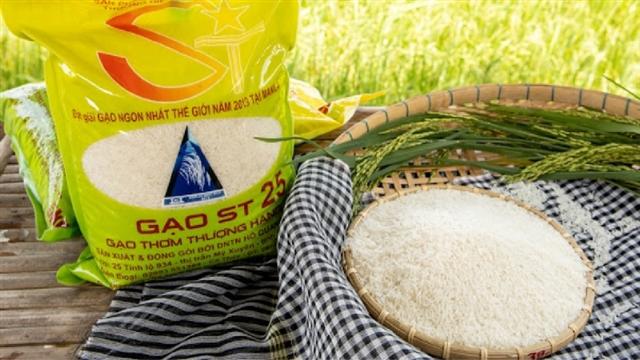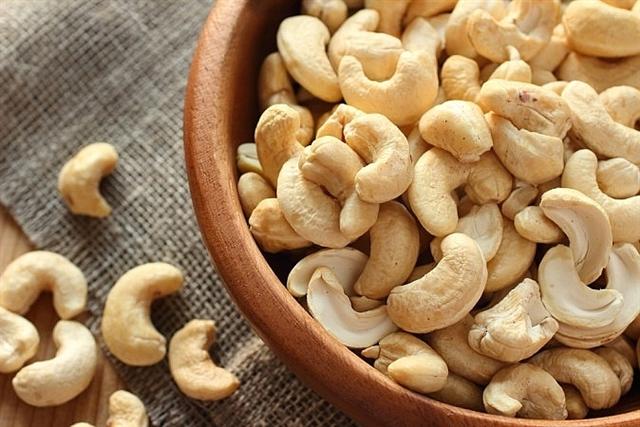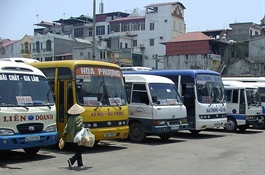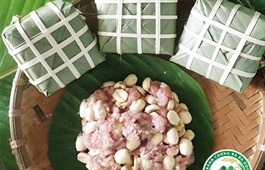Polish consumers nuts about Vietnamese cashews, other food and farm products
Polish consumers nuts about Vietnamese cashews, other food and farm products
Poland has great demand for farm produce and food products in which Vietnam has an advantage, offering opportunities for businesses to access the central European market.
Growing demand
Vietnam’s farm produce and food have affirmed their position in the international arena in recent years and are now available in 185 countries and territories, including the US, Japan, the EU and the Republic of Korea (RoK). Free trade agreements to which Vietnam is a signatory are opening up major opportunities for promoting farm produce and food exports.

Vietnam’s ST25 rice is competitive as compared with rice from Thailand in terms of price and quality
|
Vietnamese Trade Counselor in Poland Nguyen Thanh Hai said Poland has great demand for rice, tra and basa fish, shrimp, mango, pineapple, passion fruit, coffee and cashew nuts. Vietnam’s ST24 and ST25 rice varieties are competitive with products from Thailand in terms of price and quality.
Vietnamese rice only accounts for six percent of market share in the EU, while Thai and Cambodian figures are higher. Vietnam’s export quota at 80,000 tonnes of rice per year under the EU-Vietnam Free Trade Agreement (EVFTA) is small compared to the average import demand of 2.3 million tonnes per year of EU countries and the UK, Hai said.
Exports of processed cashew nuts to Poland are expected to increase strongly, as are exports of concentrated mango, pineapple and passion fruit juices since domestic enterprises cannot supply the growing demand.
Duty preference advantage
Polish Ambassador to Vietnam Wojciech Gerwel said the traditional relationship between Vietnam and Poland will create favorable conditions for businesses to strengthen cooperation.
|
Under the EVFTA, the EU will remove import duties on 85.6 percent of tariff lines, equivalent to 70.3 percent of Vietnam’s exports. After a seven-year period, 99.2 percent of tariff lines, equivalent to 99.7 percent of Vietnam’s exports, will be eliminated. As for the remaining 0.3 percent, the EU will give Vietnam tariff quotas with import duties of zero percent. This is the highest level of commitment that a partner has ever offered Vietnam.
Vu Ba Phu, director of the Vietnam Trade Promotion Agency under the Ministry of Industry and Trade, said that the preferential import duties provide Vietnamese goods exported to the EU in general and Poland in particular with considerable competitive advantages compared to the same types of goods from competitors in China, Cambodia, Myanmar and Bangladesh.
Vietnam is the EU’s 10th largest goods supplier, accounting for 1.8 percent of market share. To promote trade between the two sides, Vietnamese ministries and agencies have been stepping up information dissemination to help domestic enterprises stay updated on commitments in the agreement and market demand.




























